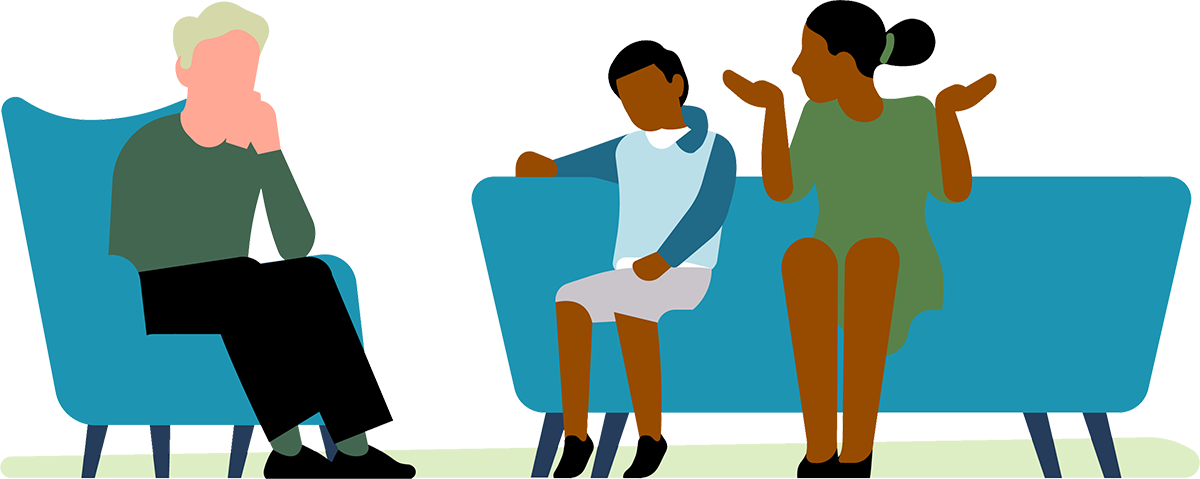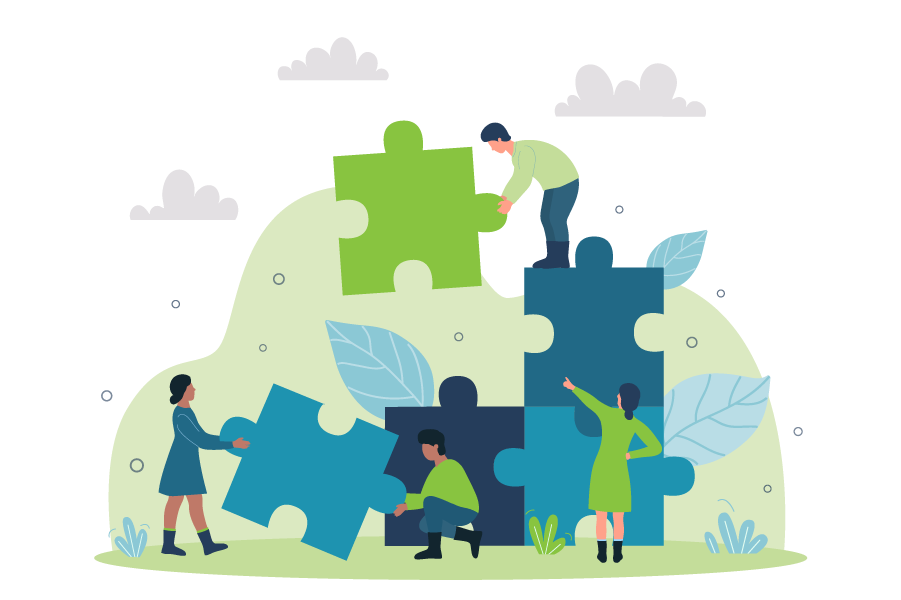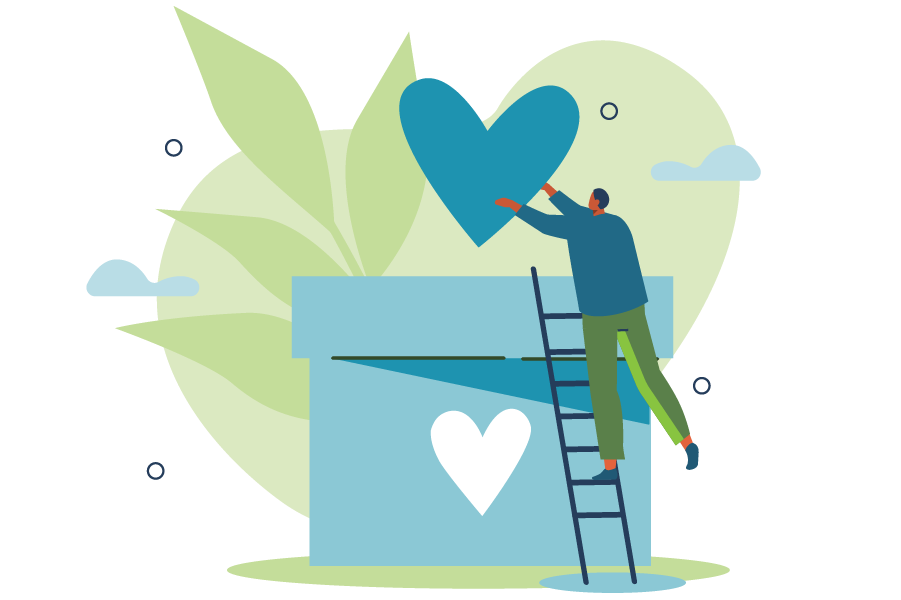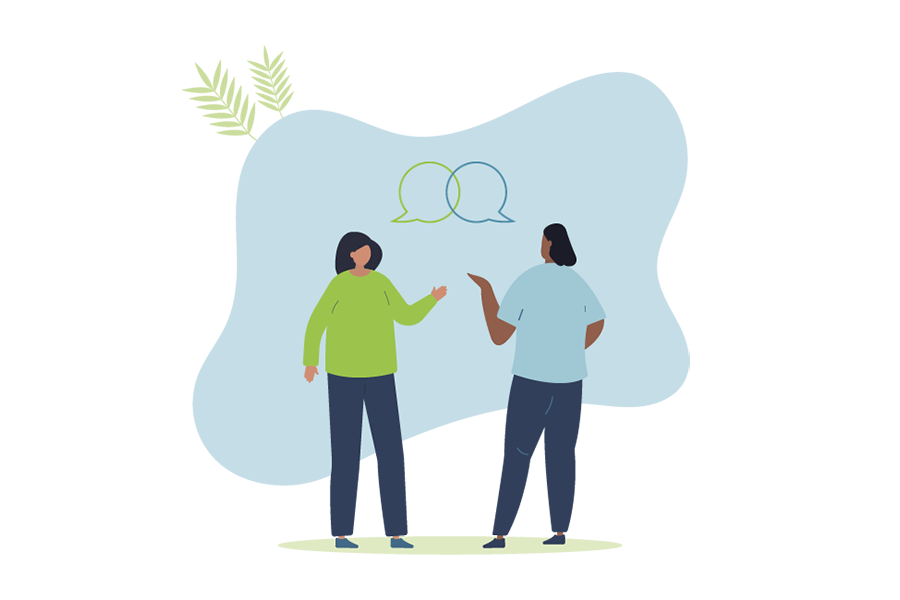Managing your feelings and emotions after abuse can sometimes be difficult; whilst you may be feeling down, ashamed, guilty, a sense of being alone, or overwhelmed, it’s important to remember that this is totally normal, and we are here to help you every step of the way.

1. Acknowledge Your Emotions:
The first step that you can take to help guide you to recovery, is accepting your emotions, and allowing yourself to feel whatever you may feel without judgment.
Whether it’s anger, sadness, fear, or confusion, each emotion is valid and deserves time to be processed. Give yourself the space to experience and express these feelings in a healthy way, without shame or guilt, and remember to be gentle with yourself.
2. Seek Professional Support:
Consider reaching out to a therapist or organisation who specialises in trauma and domestic abuse. Professional support can provide you with the tools and space to process your emotions. Professional support can help rebuild emotional resilience for dealing with both past trauma, and the stresses of daily life.
If you’d like to find out more about how specialist counselling could help you heal, or to access our support service, speak to us today.
3. Establish Boundaries:
Part of reclaiming your emotional well-being can involve setting and maintaining boundaries. Clearly communicating your limits to those around you, is prioritising your own needs. Over time, you will begin to surround yourself with more people who respect and support your boundaries. We know this can be hard when you are healing from the impact of domestic abuse, and it may take time for you to feel comfortable setting boundaries, that’s okay. Remember it’s a process, and try not to be too hard on yourself if you find it difficult. If you are receiving professional support from a therapist or counsellor, they can help you with this.
4. Express Yourself Creatively:
Art, writing, or any form of creative expression can be incredibly therapeutic. Channeling your emotions into a creative outlet, whether it’s journaling, painting, or music, can help to process complex emotions, that may otherwise be hard to articulate.
5. Build a Support System:
Being around your loved ones and spending quality time with them, is crucial for emotional healing. Connect with friends, spend time with family, or visit support groups of people who can empathise with your experiences.
Spending time in a safe space, where you can talk about your feelings and seek advice from others, may bring you comfort, validation, strength, and a sense of belonging from those who truly understand your journey.
6. Focus on Self-Care:
Self-care is an essential part of emotional recovery. Eating healthy food, practising mindfulness techniques, getting adequate sleep, and engaging in activities that bring us joy, can significantly boost emotional wellbeing and reduce stress.
Reclaiming your emotional well-being after surviving domestic abuse is a gradual process. Remember that healing is a unique, personal journey, and you deserve the time and space to recover, rebuild and rediscover happiness in your life.
The most important thing to remember, when it comes to managing your feelings and emotions after abuse, is that healing is a journey, it’s a process that may take time, but is so worth it for reclaiming your life and bringing back a sense of emotional freedom.
If you need any advice or support with any of these tips, call our team on: 0808 802 0028.






